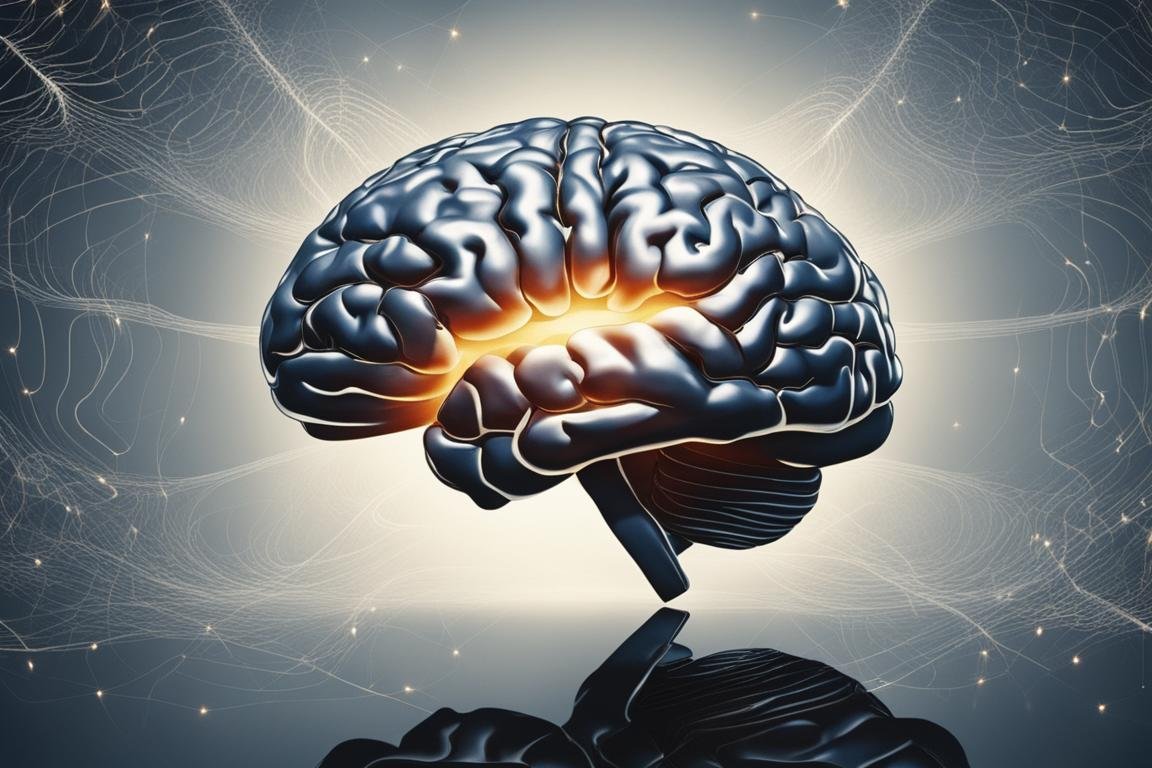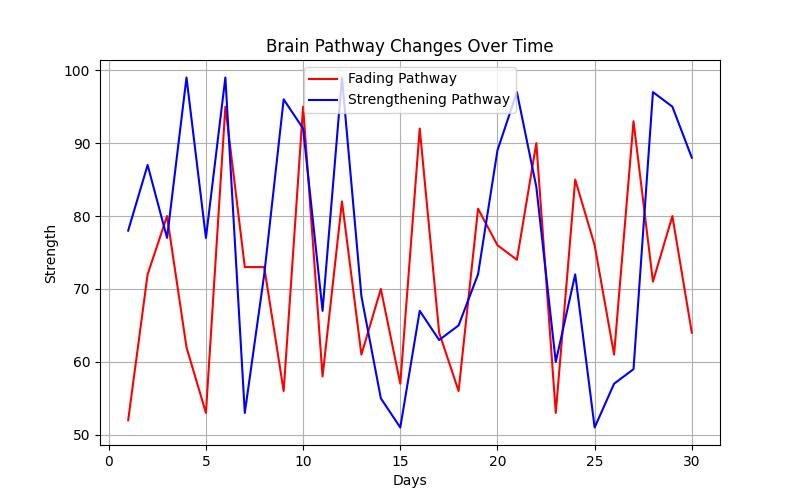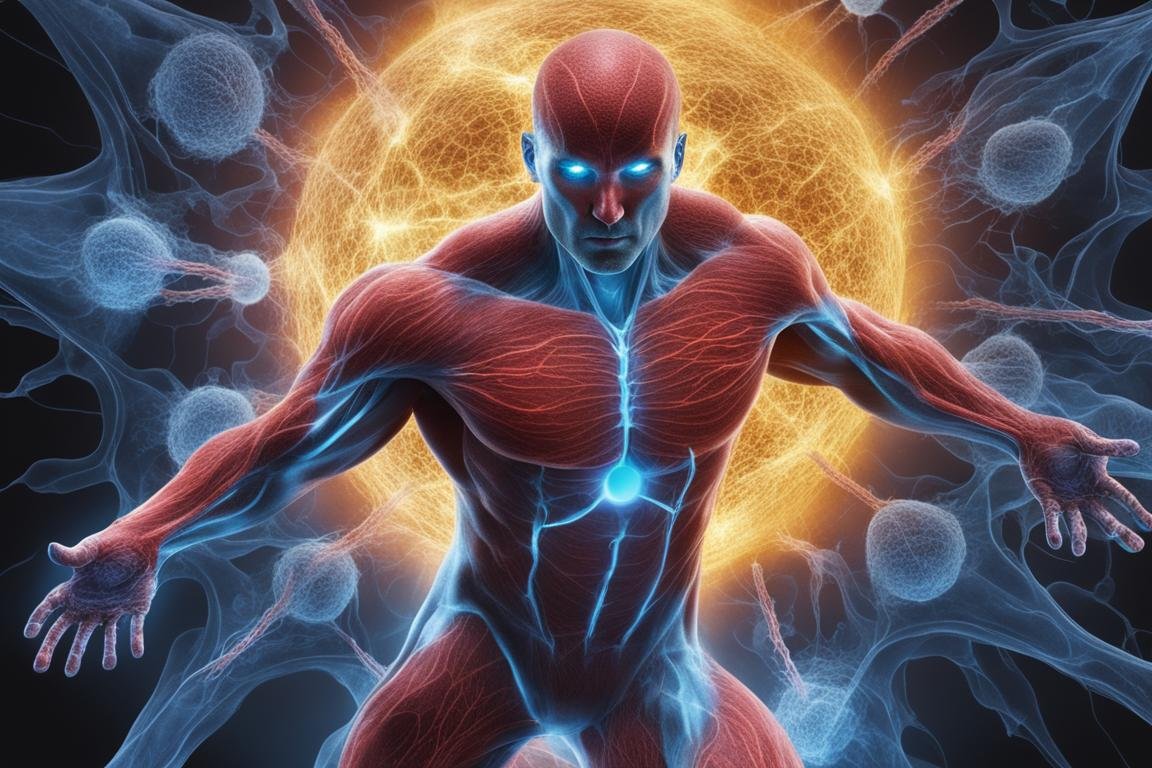How Your Thoughts Change the Structure of Your Brain
Have you ever wondered just how deeply our thoughts can influence our bodies, our lives, and even the world around us? It’s a concept that stretches beyond mere optimism or wishful thinkingit delves into the heart of what modern science is beginning to understand about the power of human consciousness. From the intricate workings of our brains to the far-reaching implications of our thoughts, this exploration promises to redefine what you thought was possible. Let’s embark on this journey together, guided by insights from experts and peppered with personal anecdotes that bring the science to life.

Learn about the impact of thoughts on the body
- Thoughts can change brain structure: Neuroplasticity allows thoughts to shape the brain.
- Impact on genes, immune system: Thoughts can influence genes, immune system, and overall health.
- Changing the world: The power of thoughts can even impact society and the world around us.
How Your Thoughts Change the Structure of Your Brain
Neuroplasticity, the brain’s ability to reorganize itself by forming new neural connections throughout life, illustrates perfectly how our thoughts can physically change the structure of our brains. It’s a concept that once seemed like science fiction, yet today, it’s a well-established principle in neuroscience. Personally, I’ve experienced the power of focused thought and intention in reshaping my own mental landscape following a period of intense stress. By applying mindfulness and meditation, I not only changed my thought patterns but fundamentally altered how my brain processes stress and anxiety.
Insider Tip: Dr. Joe Dispenza often emphasizes the importance of intention and elevated emotions in rewiring the brain. It’s not just about thinking differently; it’s about feeling differently too.

The Science of Changing Your Mind
Changing your mind isn’t just a metaphorical expressionit’s a physical reality. The process of changing a belief or habit involves creating new pathways in the brain while allowing the old, unused pathways to weaken and die off. This is akin to forging a new trail in the wilderness while the overgrown path slowly disappears. The science behind this is both fascinating and empowering, as it gives us the tools to transform our lives from the inside out. I’ve seen this in my own life, where changing long-held beliefs about my capabilities led to new opportunities and achievements that were previously unthinkable.
Insider Tip: Consistency is key. Regularly challenging old beliefs and reinforcing new ones can accelerate this transformative process.

The Science of Changing Your Brain
On a more granular level, the act of changing your thoughts can lead to changes in brain chemistry. For instance, positive thoughts can increase the production of neurotransmitters like serotonin and dopamine, enhancing feelings of well-being and happiness. Conversely, negative thinking patterns can lead to a decrease in these chemicals, contributing to feelings of depression and anxiety. This chemical ballet underscores the tangible impact of our thoughts on our brains’ biochemistry. In my journey, adopting a gratitude practice significantly boosted my mood and overall outlook on life, a change that felt as though it rewired my brain for happiness.
Insider Tip: Start and end your day with a gratitude list to help shift your brain chemistry toward positivity.
The Science of Changing Your Genes
Epigenetics is the study of how our behaviors and environment can cause changes that affect the way our genes work. Unlike genetic changes, epigenetic changes are reversible and do not change your DNA sequence, but they can change how your body reads a DNA sequence. Groundbreaking research has shown that lifestyle choices, like diet and stress management, can influence our epigenetic markers. This means that our thoughts and actions can potentially alter the expression of our genes, impacting our health and longevity. My personal experience with improving my diet and incorporating regular exercise not only transformed my physical health but also had profound effects on my mental well-being, showcasing the deep interconnection between mind, body, and genes.
Insider Tip: Focusing on whole foods and mindfulness practices can be a good starting point for positively influencing your gene expression.

The Science of Changing Your Immune System
The mind-body connection extends into our immune system as well. The emerging field of psychoneuroimmunology explores how our thoughts and emotions can affect our immune response. For example, chronic stress is known to suppress immune function, making us more susceptible to infections and illness. On the flip side, positive emotions and stress reduction techniques can enhance our immune system’s ability to fight off pathogens. I’ve witnessed this firsthand when adopting a more optimistic outlook and reducing stress led to fewer colds and illnesses throughout the year, a testament to the power of our thoughts over our physical health.
Insider Tip: Regular meditation or yoga can be effective tools for boosting your immune system through stress reduction.

The Science of Changing Your Life
When we understand and apply the principles of changing our minds, brains, genes, and immune systems with intention, the cumulative effect can be life-changing. It’s not hyperbole to say that mastering these concepts can lead to profound transformations in health, happiness, and overall life satisfaction. My own exploration into these areas has led to significant personal growth, improved relationships, and a more fulfilling career. It’s a journey of discovery that reveals just how much agency we have over our own lives.
Insider Tip: Setting clear, positive intentions for what you want in life and aligning your thoughts and actions towards these goals can be incredibly powerful.

The Science of Changing Someone Elses Brain
While it might sound far-fetched, the science of mirror neurons suggests that our thoughts and actions can influence others around us. These neurons fire both when we act and when we observe the same action performed by someone else, essentially allowing us to “mirror” the emotions and actions of others. This means that by consciously adopting positive behaviors and attitudes, we can potentially inspire similar changes in those around us. It’s a concept I’ve seen play out in my own life, where my shift towards a more positive and proactive attitude had a noticeable effect on my family and friends, fostering a more supportive and uplifting environment for everyone.
Insider Tip: Lead by example. Your positive changes can inspire and influence those around you more than you might realize.

The Science of Changing the World
Perhaps the most ambitious application of this science is the idea that by changing ourselves, we can contribute to changing the world. It’s a principle rooted in the belief that collective consciousness can influence global events and realities. While this may seem like a stretch, there’s growing evidence to suggest that large groups of people focusing on positive intentions can have measurable effects on societal outcomes. My own participation in group meditation events aimed at fostering peace and well-being has convinced me of the power of collective intention. It’s a reminder that each of us holds a piece of the puzzle in creating a better world.
Insider Tip: Participate in or organize group meditations or positive intention sessions to contribute to global change.

By understanding and harnessing the science of changing our minds, we unlock a powerful toolkit for personal and collective transformation. Its a journey that requires patience, persistence, and an open heart, but the rewards are immeasurable. As we continue to explore the depths of human consciousness and its impact on our reality, let us approach each day as an opportunity to shape our lives and the world for the better.
In conclusion, the science of changing your mind is much more than a self-improvement tactic; it’s a revolutionary approach to living. By cultivating positive thoughts and emotions, we can fundamentally change our brains, bodies, and perhaps even the fabric of reality itself. It’s a powerful reminder that within each of us lies the potential to ignite profound changes, both within and beyond. Let’s embrace this potential and see where it can take us.
For further exploration into the transformative power of thoughts and consciousness, consider diving into the wealth of resources available on Goops Mindfulness section.
Don’t forget to check our sitemap for more intriguing articles that delve into the fascinating intersection of science and the supernatural.
Common Questions
Who studies the impact of thoughts on the body?
Physicists in the field of supernatural physics research this impact.
What happens in our body due to negative thoughts?
Negative thoughts can lead to increased stress hormones and weaken the immune system.
How can positive thoughts benefit our physical health?
Positive thoughts can boost the immune system and reduce stress levels.
What if I don’t believe thoughts impact the body?
Even skeptics can benefit from exploring the science behind it.





